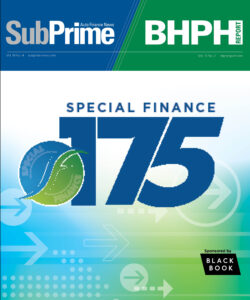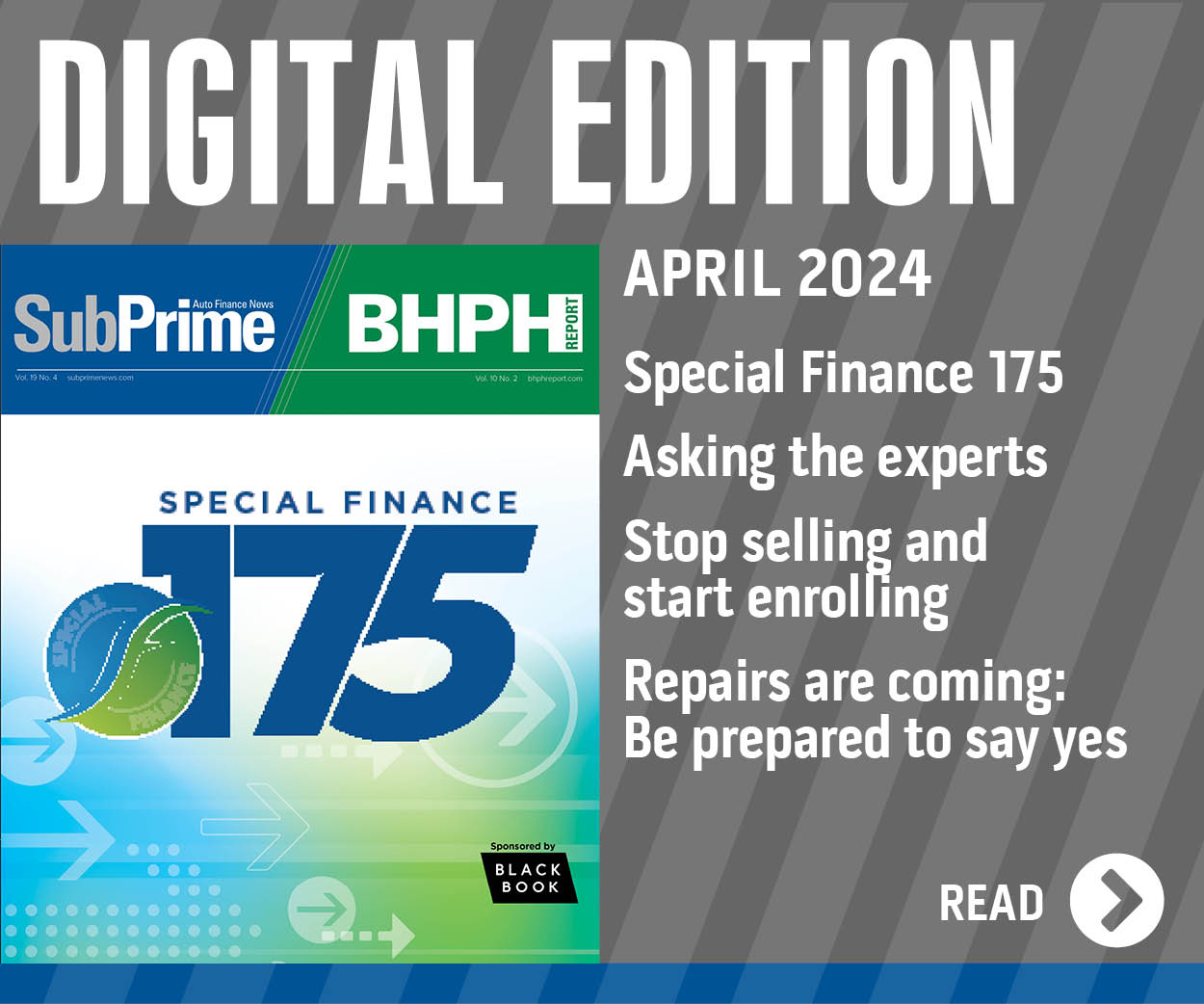Fitch’s summertime subprime ABS forecast coming true

When this summer began, Fitch Ratings projected “the summer months do not figure to be as kind for the sector,” as analysts discussed future performance of subprime auto loan ABS.
The latest index results Fitch released on Thursday showed the firm’s inklings were correct as analysts indicated seasonably slow summer months are translating to “notable increases” in annualized losses and delinquencies for U.S. subprime auto loan ABS.
In contrast, Fitch pointed out prime auto ABS saw “fairly stable” performance in July, “though the pace of losses is likely to increase as the fall approaches.”
Analysts determined subprime 60-day delinquencies rose 13 percent month-over-month in July to 4.59 percent. They noted those delinquencies were 17 percent higher versus a year earlier, but this rate was still below the record peak level of 5.16 percent recorded in earlier this year.
Fitch found that subprime ABS annualized net losses hit 7.39 percent in July, rising 17 percent on a sequential basis and 28 percent year-over-year.
“The summer months typically produce weaker asset performance as consumers head for vacation,” Fitch said.
“Increased losses are emanating from weaker collateral pools in the 2013-2015 transactions, which have weaker credit quality including lower FICO scores, higher amounts of extended loan terms (over 60 months) and higher LTVs,” the firm continued.
“Further, early defaults on extended term loans in pools are driving loss severity higher along with loss rates in 2016,” Fitch went on to say.
Analysts determined prime delinquencies moved 12 percent higher month-over-month to 0.40 percent in July. The reading represented a 21-percent jump above July of last year.
Fitch reported prime annualized net losses stood at 0.48 percent in July, climbing nearly 20 percent year-over-year.
“Prime auto ABS continues to produce solid asset performance in 2016, supported by a surprisingly strong wholesale vehicle market which is benefitting from very robust truck and SUV values,” analysts said.
“Used-vehicle values continue to defy expectations in 2016 and remain healthy. The strength in the wholesale market diverges immensely by vehicle segment, with strength in larger vehicle segments while the car segment trails and values are currently depressed,” they continued.
“Despite this, Fitch expects used vehicle values will be pressured in the latter stages of 2016 and come down from current levels,” analysts went on to say. “Rising used-vehicle supply, including from notable increases in residual returns expected in 2016 and early 2017, will constrain values and contribute to losses rising.”
Fitch added that ratings performance remains solid so far this year with the firm issuing 47 upgrades through mid-August versus 41 during the same period in 2015.
Fitch's prime sector outlook for the remainder of 2016 is stable for asset performance even with losses expected to rise, and positive for the ratings outlook. The outlooks are both stable for the subprime sector.
Fitch’s auto loan ABS indices track the performance of $93.5 billion of outstanding collateral, of which 60 percent is backed by prime collateral and the remaining 40 percent subprime.

 View The Latest Edition
View The Latest Edition

